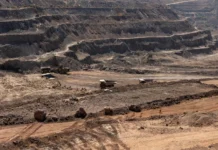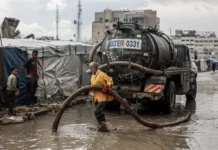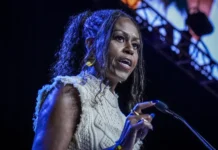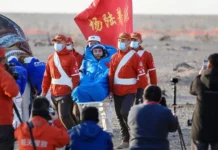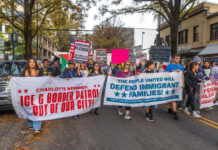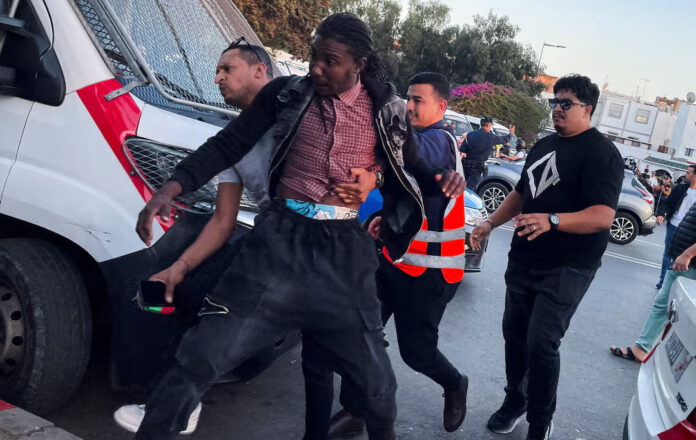
Youth-led demonstrations demanding improved education and healthcare in Morocco spiraled into violent confrontations with security forces on Tuesday evening, marking the fourth consecutive day of unrest across the country.
The protests, coordinated online by an anonymous group calling itself “GenZ 212” through TikTok, Instagram, and Discord, drew hundreds of young people into the streets in cities including Tiznit, Inzegane, Ait Amira, Oujda, and Temara near the capital, Rabat.
In Ait Amira, about 560 kilometers south of Rabat, demonstrators overturned and vandalized police vehicles before torching a bank, local media reported.
In Inzegane, videos widely circulated online showed masked protesters setting fire to another bank as police deployed water cannons to disperse crowds.
Several cars were also set ablaze, and witnesses said a group attempted to storm a supermarket.
Further south in Tiznit, stone-throwing protesters clashed with security forces, briefly chanting slogans such as “The people want an end to corruption.” In Oujda, a protester sustained serious injuries after being struck by a security forces’ vehicle, state news agency MAP reported.
In Rabat, dozens of youths were arrested as they tried to stage chants in a crowded neighborhood, while the Moroccan Association for Human Rights (AMDH) said 37 demonstrators had been released on bail pending investigation.
The head of AMDH’s Rabat section, Hakim Saikuk, denounced the arrests as unconstitutional.
Authorities in Casablanca confirmed that 24 protesters who blocked a highway on Sunday are also under judicial investigation.
The governing coalition issued a statement expressing readiness to engage in dialogue with young people “within institutions and public spaces to find realistic solutions,” while praising what it described as the “balanced reaction” of security forces.
The interior ministry has yet to comment on the incidents.
The latest wave of protests highlights rising frustration among Moroccan youth over corruption, unemployment, and deteriorating public services, with social media serving as the driving force behind the mobilization.
Source: Reuters
Written By Rodney Mbua










